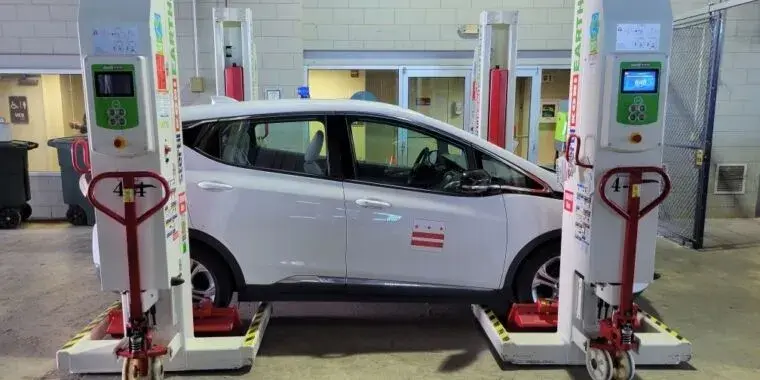

Apple literally rolled out the feature 13 months ago with 24 months free use with the purchase of a compatible device.
How can you claim any statistics on the topic?
But yeah, I think the real interesting thing is what’s going to happen with the LEO constellations, but I also get why Apple isn’t keen on relying on a Musk-driven enterprise.
All other LEO-constellations are probably a decade away from having enough coverage.
I think Apple wants to get in the game now, and they have the money to spend on differentiating themselves.
And for those who have stumbled into a situation where they needed it and been rescued it’s great, but on the other hand the majority of the planet is not served as of now.

As a Mac user at work I just close the lid and put the laptop in my back. Windows users shut down and power up again the next day.
Whenever I bring this topic up IRL people inundate me with stories about how much issues arise if they just sleep their computers.